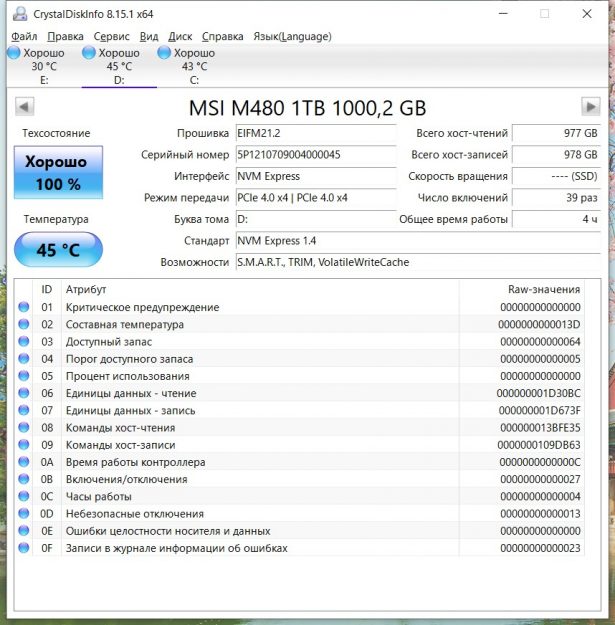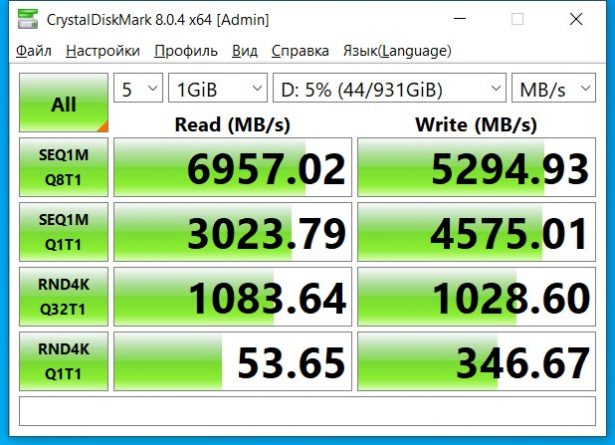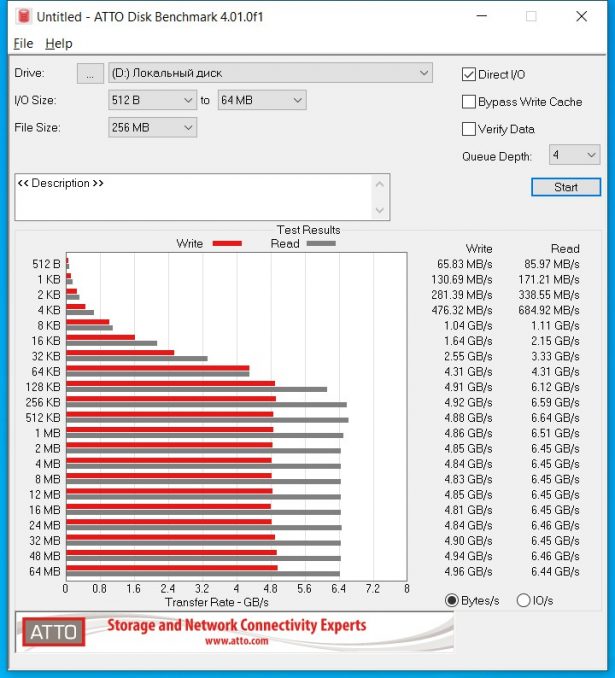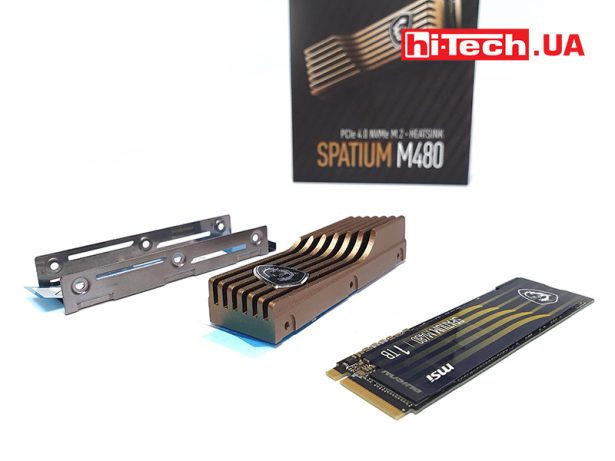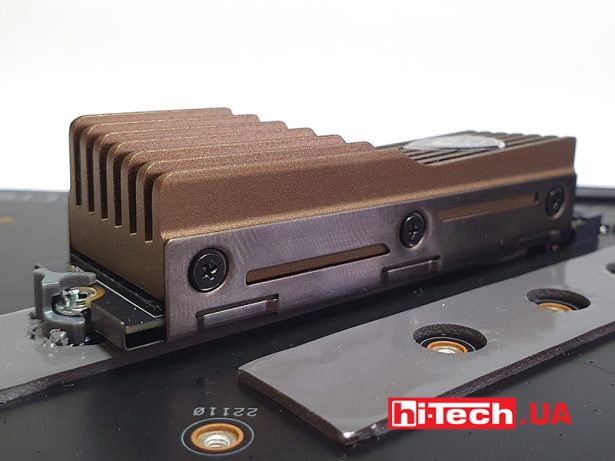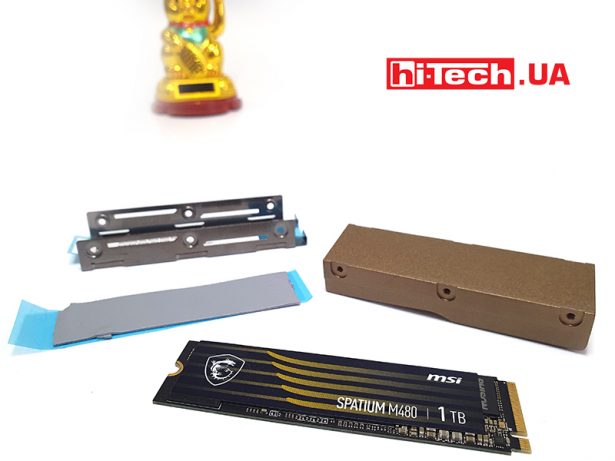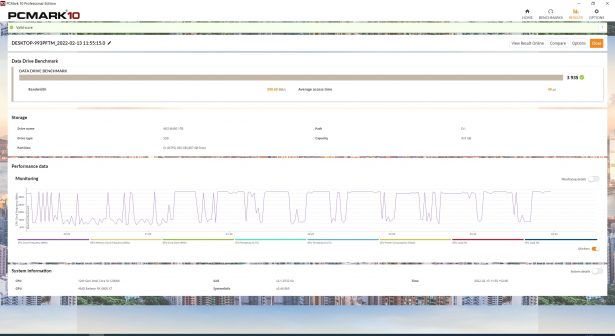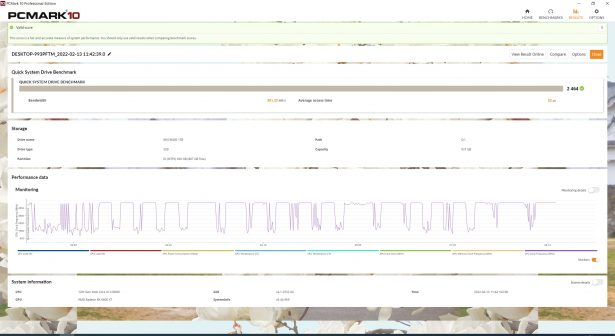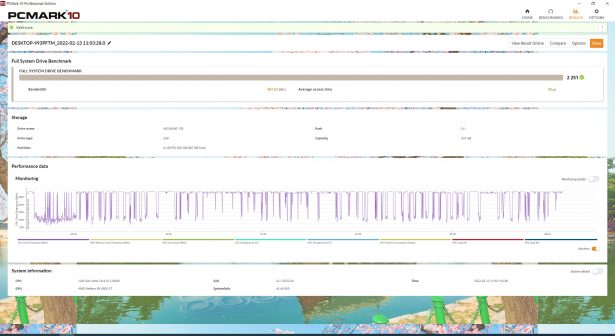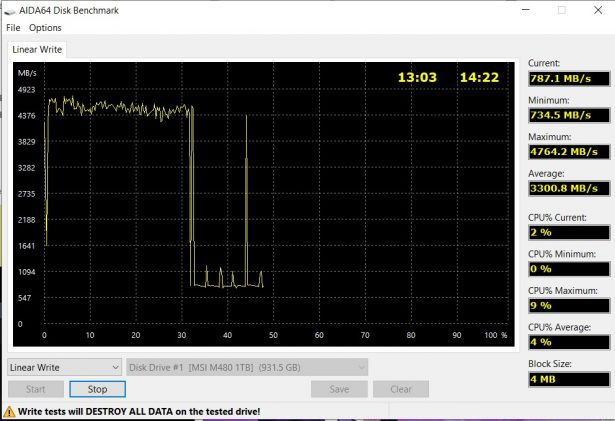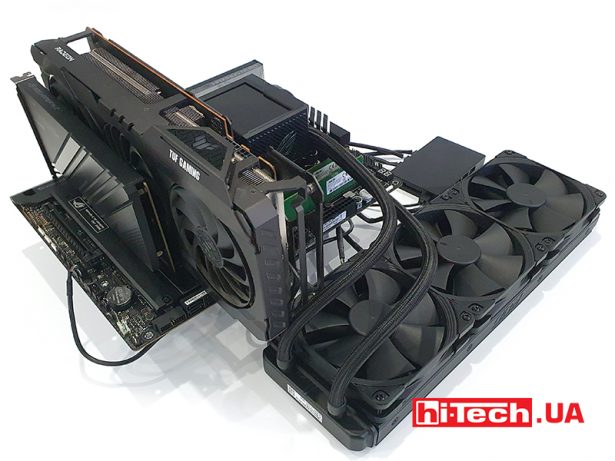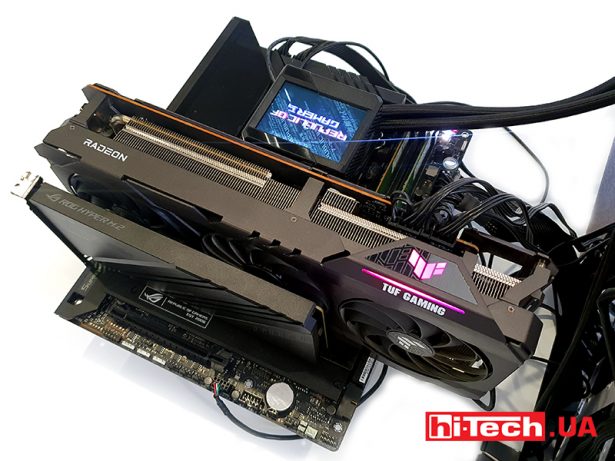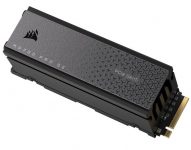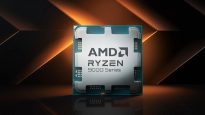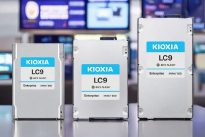Fast dragon: SSD MSI Spatium M480 with PCIe 4.0
28.03.22MSI has relatively recently offered its solid-state drives, but has already managed to release several models with both PCI Express 3.0 and PCIe 4.0 interfaces. All of them are implemented on the basis of Phison controllers.
Phison itself offered three PCIe 4.0 controllers of different classes (massive E16, productive E18 and budget E19T). Before that, its partners were able to remove all production issues from themselves. Companies cooperating with Phison received ready-made storage devices from it, which makes it possible to focus exclusively on marketing. An even more important achievement for Phison was that during a global shortage of semiconductor components, the company was able to negotiate the production of the required number of controllers. The extent to which Phison has succeeded in securing partners can be seen at least from the fact that the number of PCIe 4.0 drives based on this manufacturer’s platforms is 3-4 times greater than the number of solutions with all other controllers.
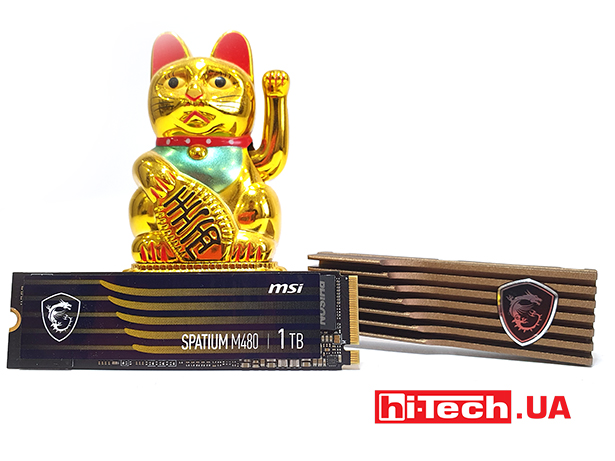
Let’s move on to the Spatium M480, which is offered in versions for one and two terabytes. For the first, the declared linear read and write speeds are at the level of 7000 and 5500 MB/s, respectively, and for the second – 7000 and 6800 MB/s.
The maximum speed of random reading of 4K blocks will be around 350,000 IOPS for the smaller model and 650,000 for the 2 TB SSD, but the write speed in both cases is 700,000.
Both drives are equipped with a DRAM buffer of one or two gigabytes, depending on the capacity, of the DDR standard. 96-layer 3D NAND produced by Micron is used as flash memory. Storage devices comply with NVMe 1.4 specifications and are connected via four lines of the PCI Express 4.0 interface.
MSI Spatium M480 looks like a top class device. This impression is created by the packaging and the delivery kit, which includes not only the M.2 SSD itself, but also a rather massive aluminum radiator with fins about 2 cm high. It is easy to install. The SSD is hidden inside a special case that covers the back side of the drive. Two parts of the cooling system are fastened with the help of complete screws.
If with a radiator the use of MSI Spatium M480 is significantly limited in size, then without a radiator the drive looks the same as simple M.2 2280 boards with two stickers. In a 1 TB SSD, all chips and components are located on one side of the board.
The Phison PS5018-E18 is equipped with a triple-core 32-bit ARM processor and can fully utilize the bandwidth of PCIe 4.0. In terms of size, it is quite compact because it is created according to the 12-nm process. However, the M480 model is not the most productive because MSI uses the more affordable version of Micron’s 96-layer TLC flash memory, rather than the more productive 176-layer memory.
1 GB of DDR4 RAM is used, which is represented by an SK Hynix chip. Data is written to memory in SLC mode, after which it is transferred to TLC cells at times of inactivity. After running the tests, we found that the M480 recorded data at three speed levels.
For almost 40 seconds, recording was performed at a speed of 5,800 MB/s, that is, the cache is a considerable 220 GB, then the speed decreased to 1,800 MB/s. This level was saved for 100 seconds or another 200GB. However, in practice, users are unlikely to encounter such a decrease in speed, because it occurs when writing 400 GB of data to an empty SSD and 200 GB when it is 80% full. In real scenarios the data will be split into smaller files and not in a continuous recording scenario.
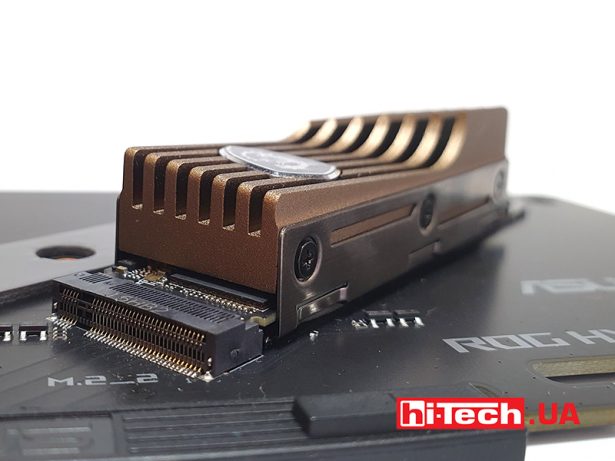
| Test Platform | |
| Motherboard: | ASUS ROG Maximus Z690 Hero |
| CPU: | Intel Core i9-12900K |
| SRO: | ASUS ROG Ryujin II 360 |
| Video card: | ASUS TUF Gaming Radeon RX 6800 XT OC |
| RAM: | ASUS, 32 GB DDR5 |
| Power supply unit: | Seasonic Platinum-750 Snow Silent |
| OS: | Microsoft Windows 10 Pro 64-bit |
Although our test rig has heatsinks for M.2 drives, we installed a complete cooler from MSI for our tests. It should be remembered that the results will depend on the system used. Changing the air flow inside the case significantly affects the temperature. In an open system, during long and intensive use, we reached a temperature of 60 °C, which did not cause throttling. When we placed the system in an insufficiently supplied air case, the limit temperature turned out to be 68 ° C, above which throttling is already activated.
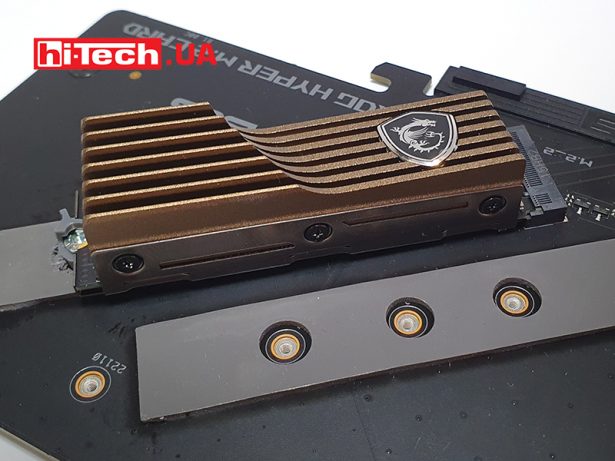
It should be noted that modern SSDs often show incorrect indicators and even with the identified 70 degrees, in fact the chips can heat up to 80 or more. We were able to record a difference in heating of 10 °C using the complete Spatium M480 radiator and 12 °C when installing the SSD in the standard pocket of the test mat board for two SSDs.
The SSD warranty is 5 years or 700TB of recorded data for the 1TB model and 1400TB for the 2TB solution, whichever comes first.
Impressions
The release of the next controller for SSDs under the PCI Express 4.0 bus will bring diversity to the NVMe storage market, which should ultimately affect the final cost of finished products under ideal conditions.
The Spatium M480 flash drive is a reference solution designed by MSI and comes with an original and efficient cooling system in the company’s design. In terms of linear speeds, this SSD is one of the fastest on the market. However, in some tasks it is similar to solutions based on other controllers with support for the PCI-E 4.0 bus.

Features MSI Spatium M480 (S78-440L490 -P83) |
|
| Interface: | PCIe 4.0 x4 with NVMe |
| Form factor: | M.2 2280 |
| Available volumes: | 1.2 TB |
| Controller: | Phison PS5018-E18 |
| Memory type: | 3D NAND TLC (Micron 96L) |
| Declared resource: | 700 TBW |
| Storage capacity in the test: | 1 TB |
| Warranty: | 5 years |
| Provider: | MSI representative in Ukraine |
| Price: | $250 |
Rating:
+ large containers available
+ complete radiator
+ speed
– dependence on an effective cooling system
hi-tech.ua project manager
Don't miss interesting news
Subscribe to our channels and read announcements of high-tech news, tes
Oppo A6 Pro smartphone review: ambitious

Creating new mid-range smartphones is no easy task. Manufacturers have to balance performance, camera capabilities, displays, and the overall cost impact of each component. How the new Oppo A6 Pro balances these factors is discussed in our review.
Acer Nitro Lite 16 (NL16-71G) laptop review: versatile and attractive

The 2025 Acer Nitro Lite 16 features an interesting case design, gaming accents, and proven components. Let’s take a closer look at its features.
Meta will buy AMD AI processors for $100 billion AMD artificial intelligence Facebook server
As part of the agreements, Mark Zuckerberg’s company plans to purchase AMD MI450 artificial intelligence accelerators for its data centers over five years.
LG UltraGear evo (52G930B-B) – 52-inch gaming monitor for $2,000 games LG monitor
The color gamut of the LG UltraGear evo (52G930B-B) monitor is stated at 95% DCI-P3—sufficient for both gaming and basic color work.

